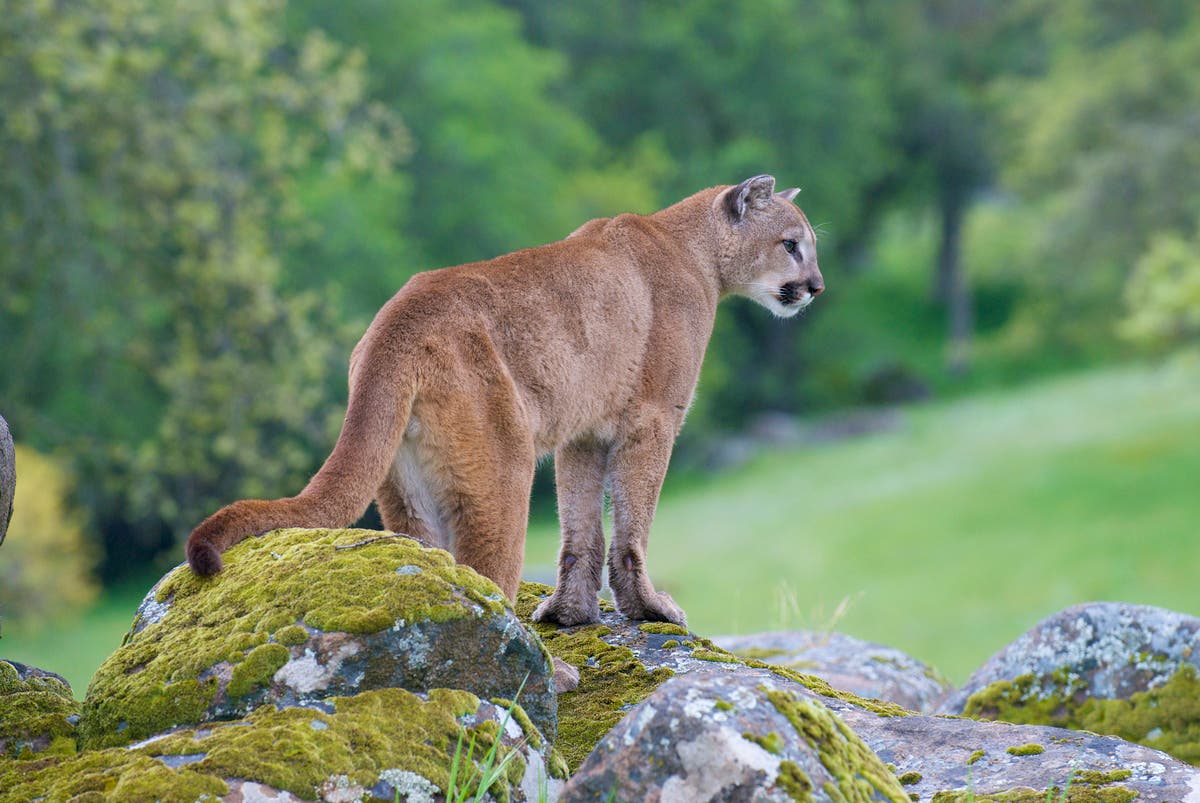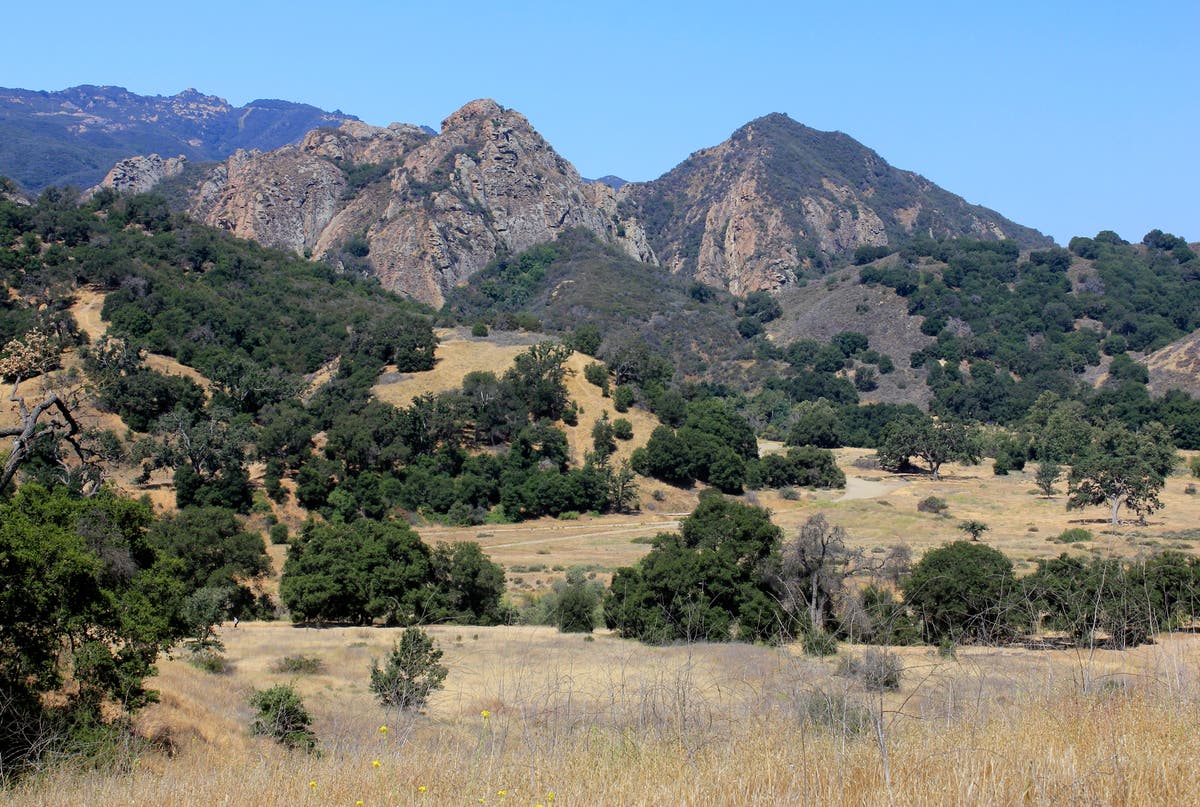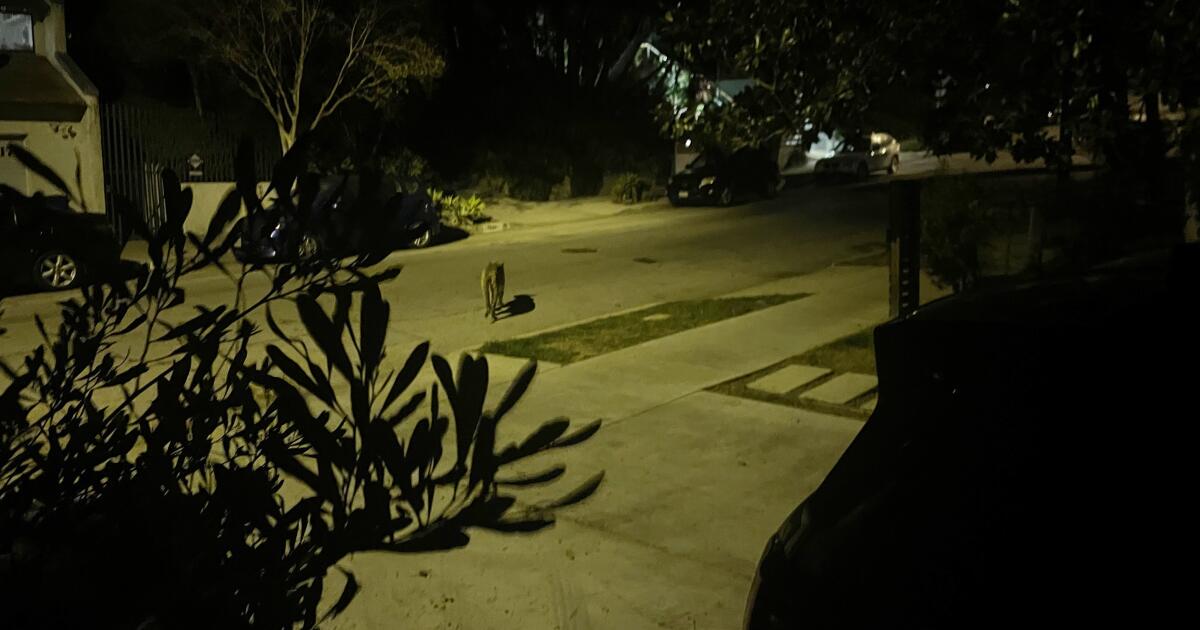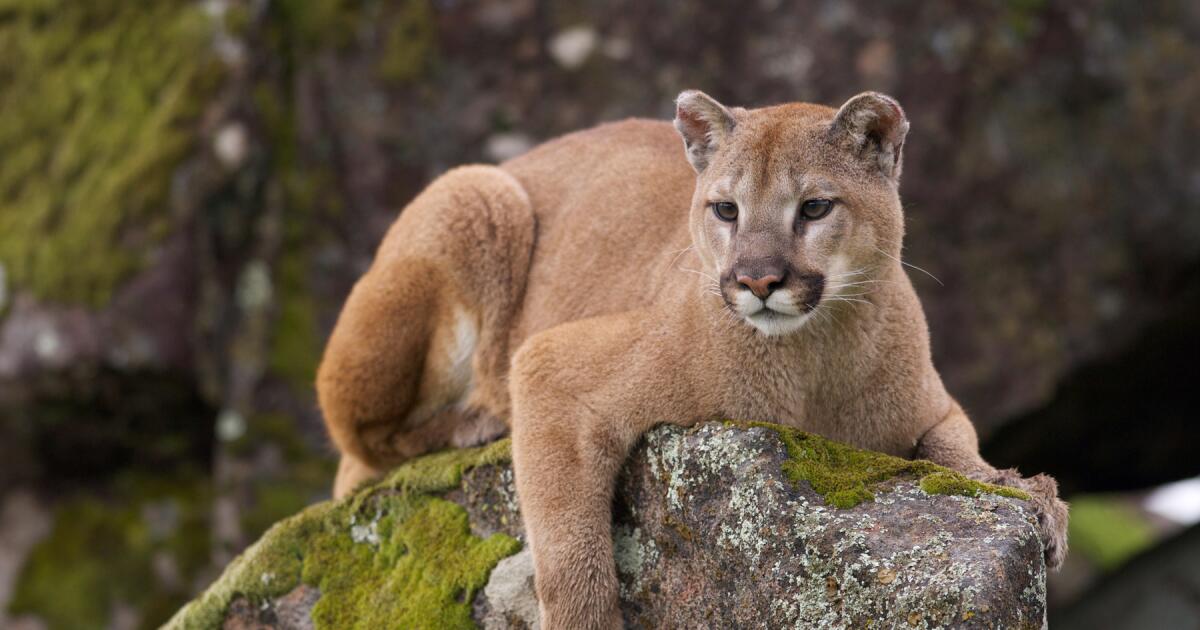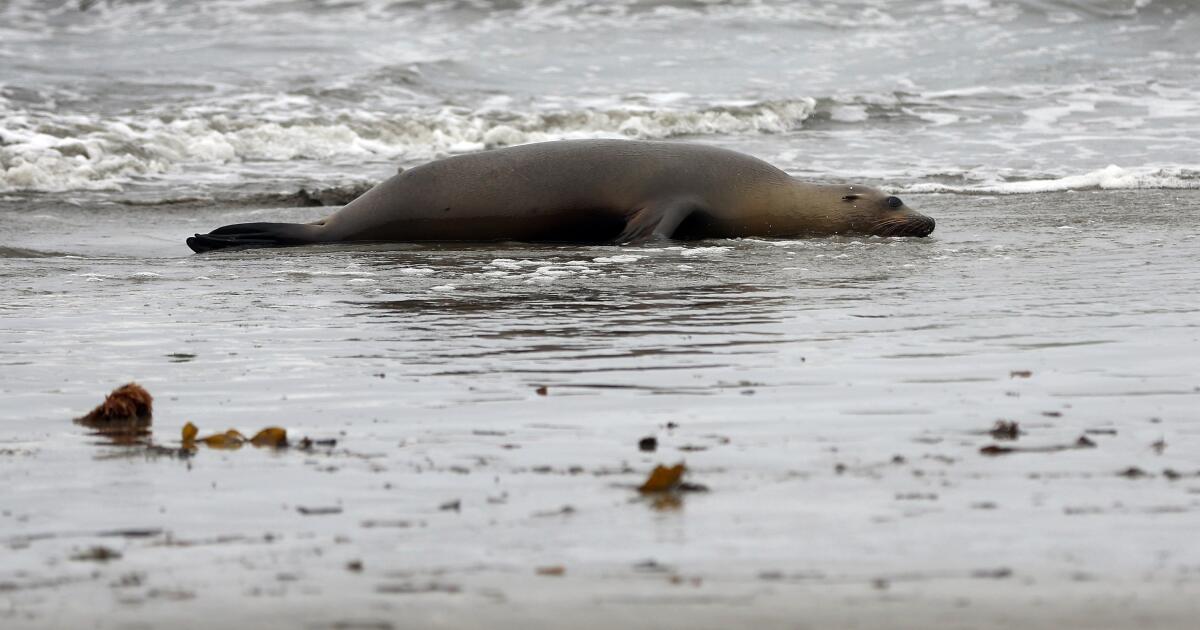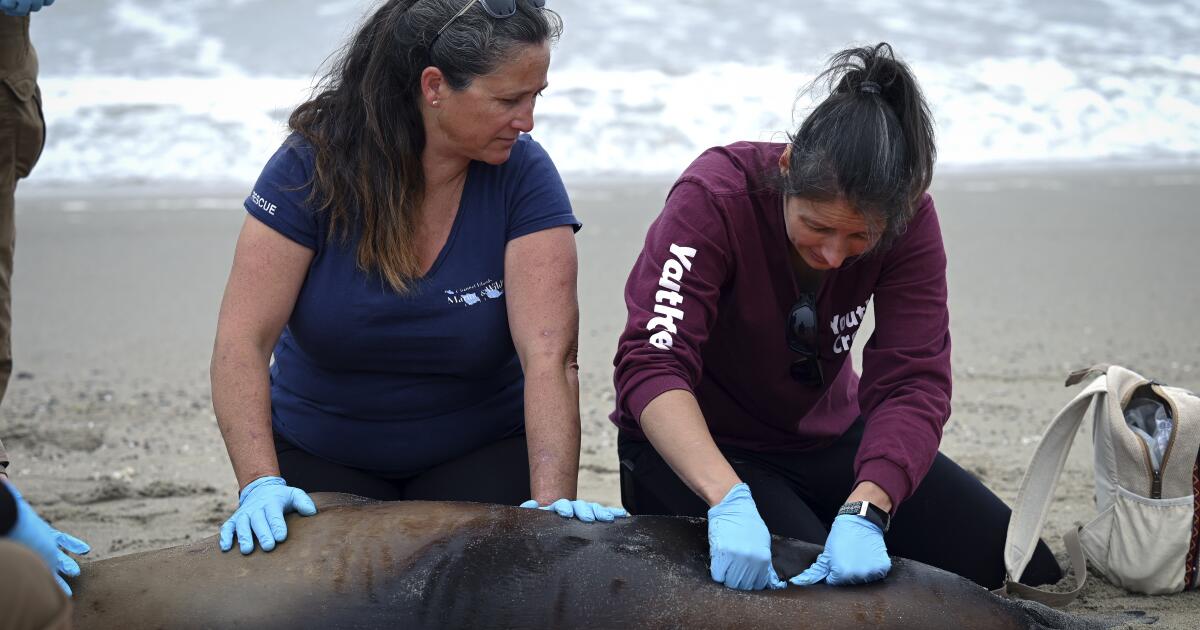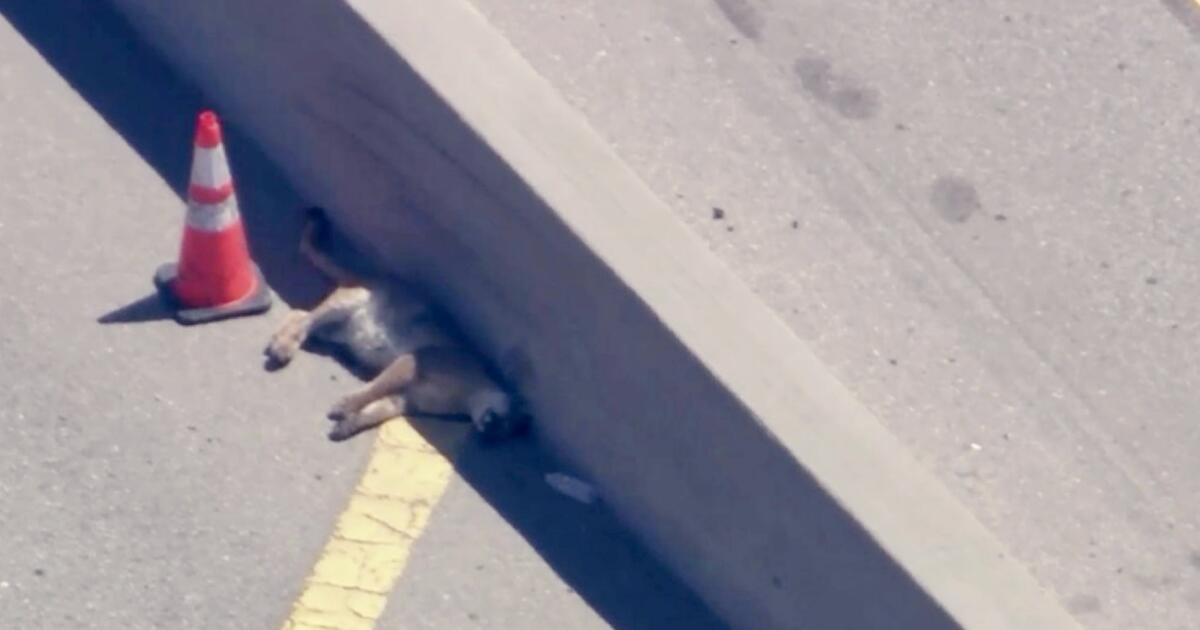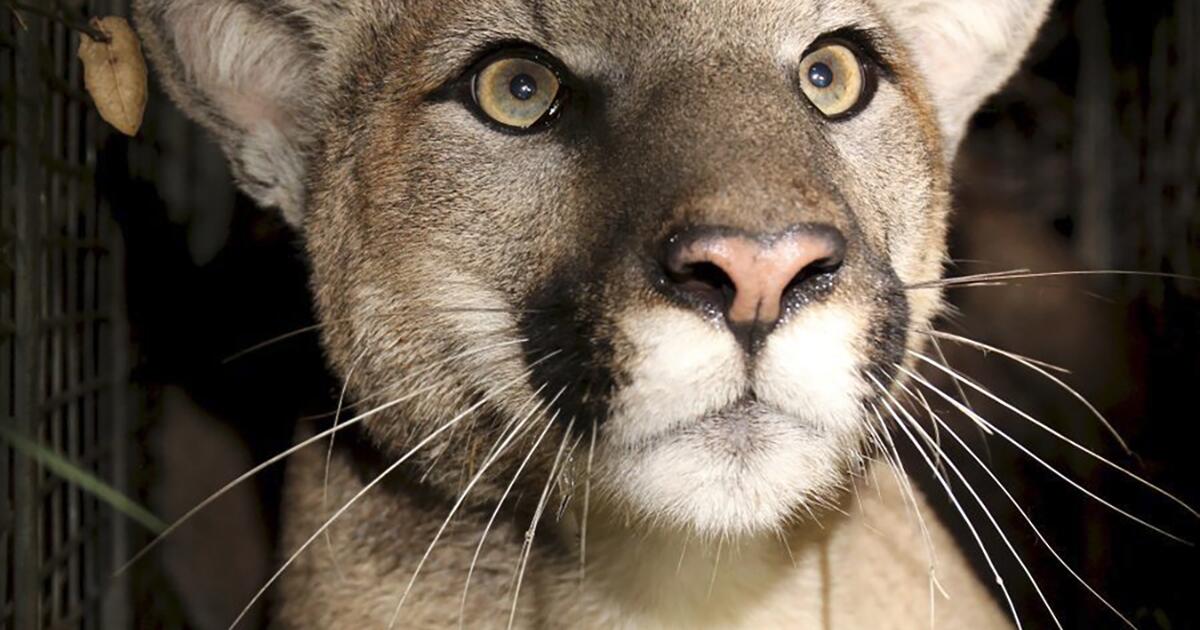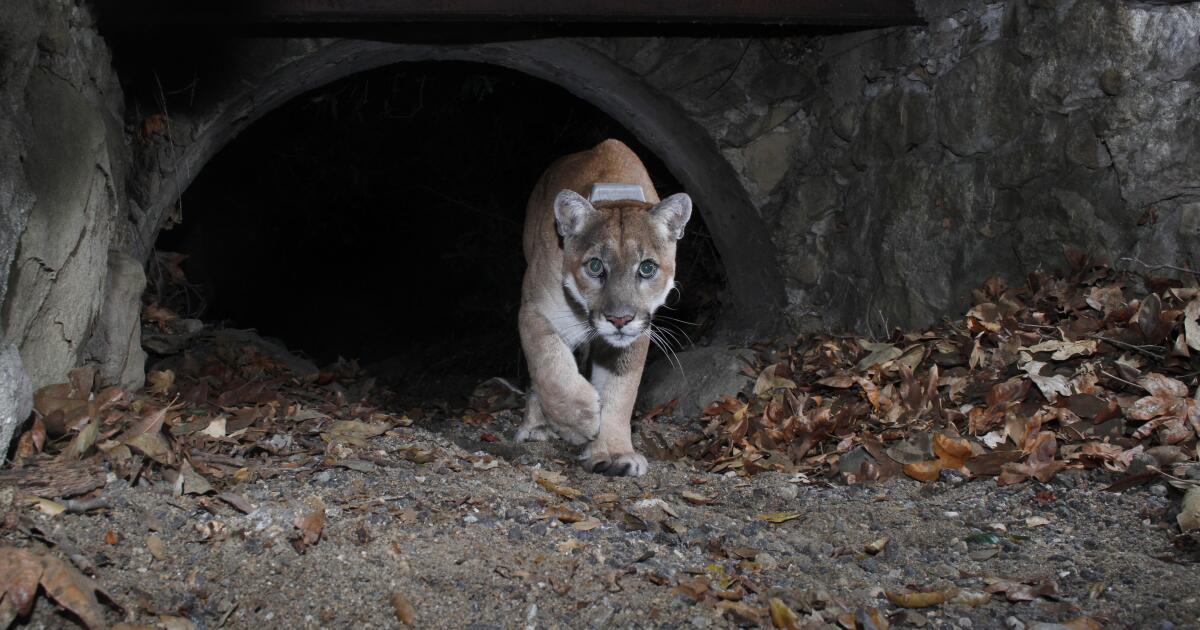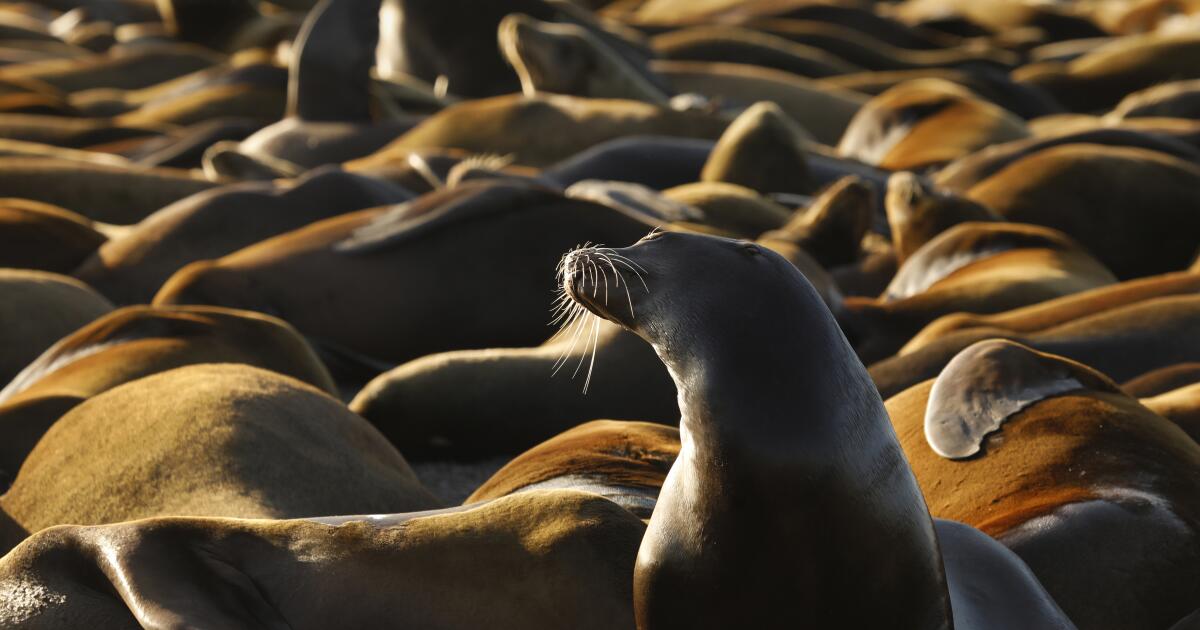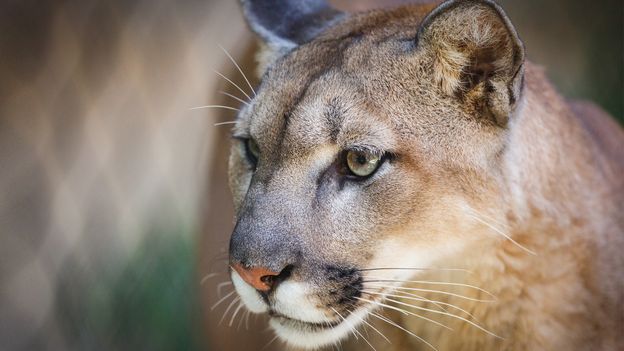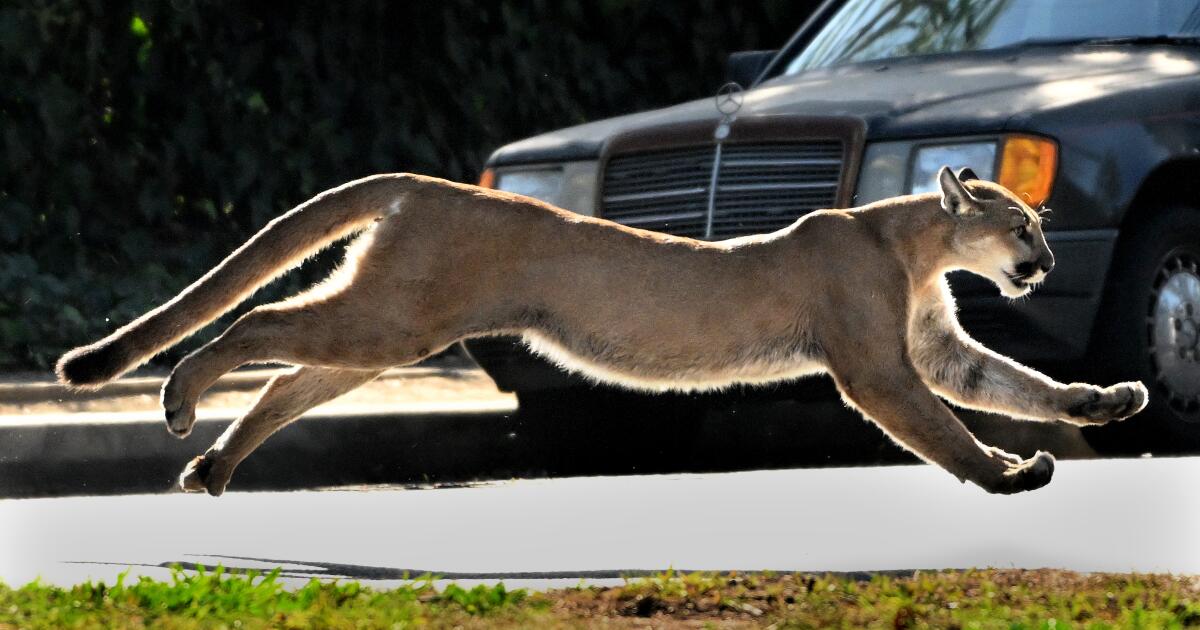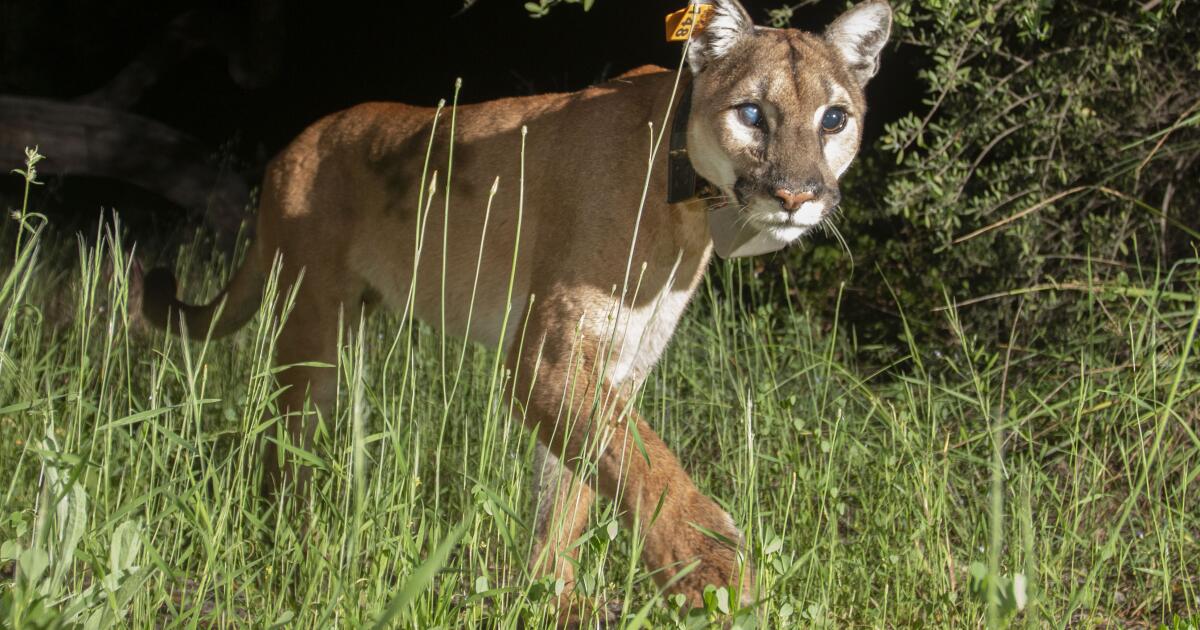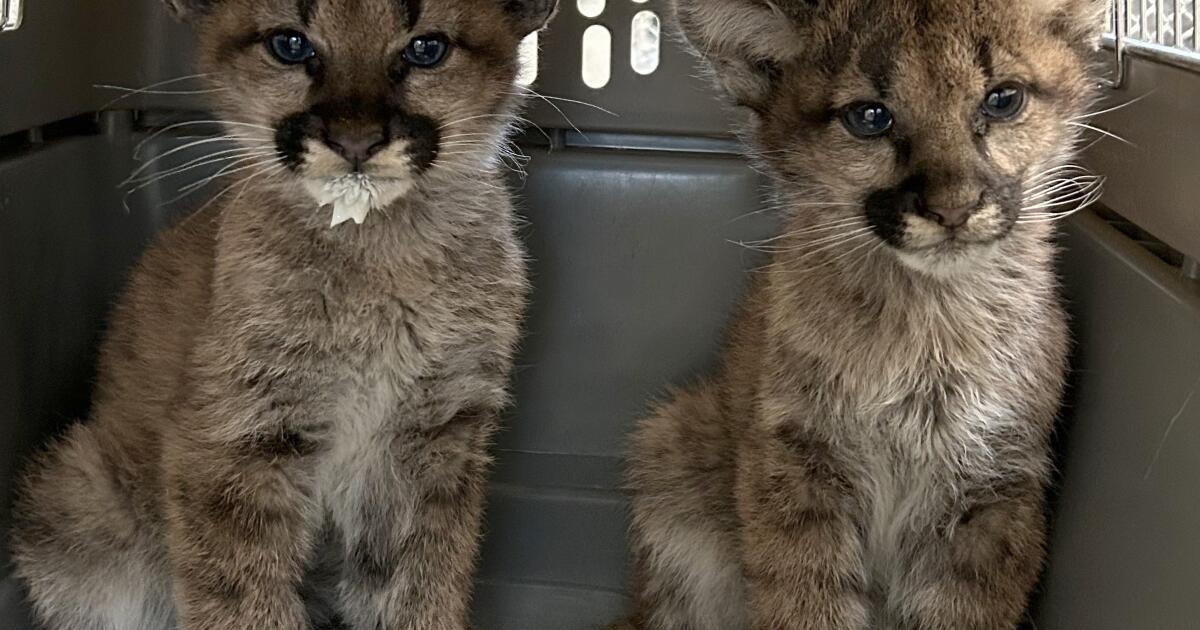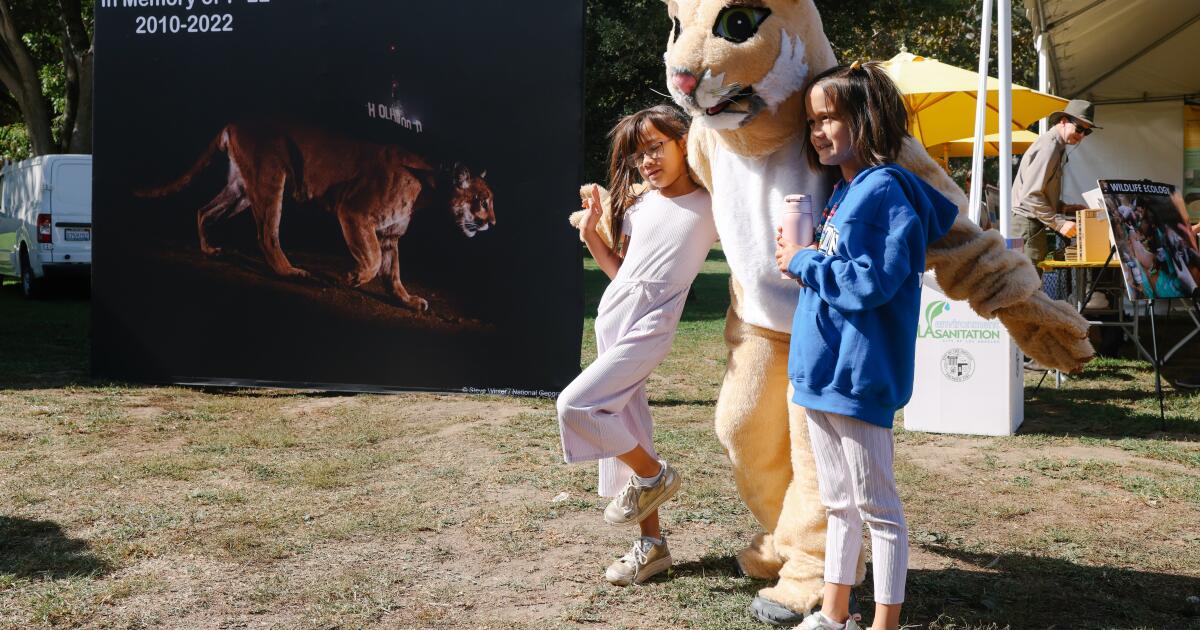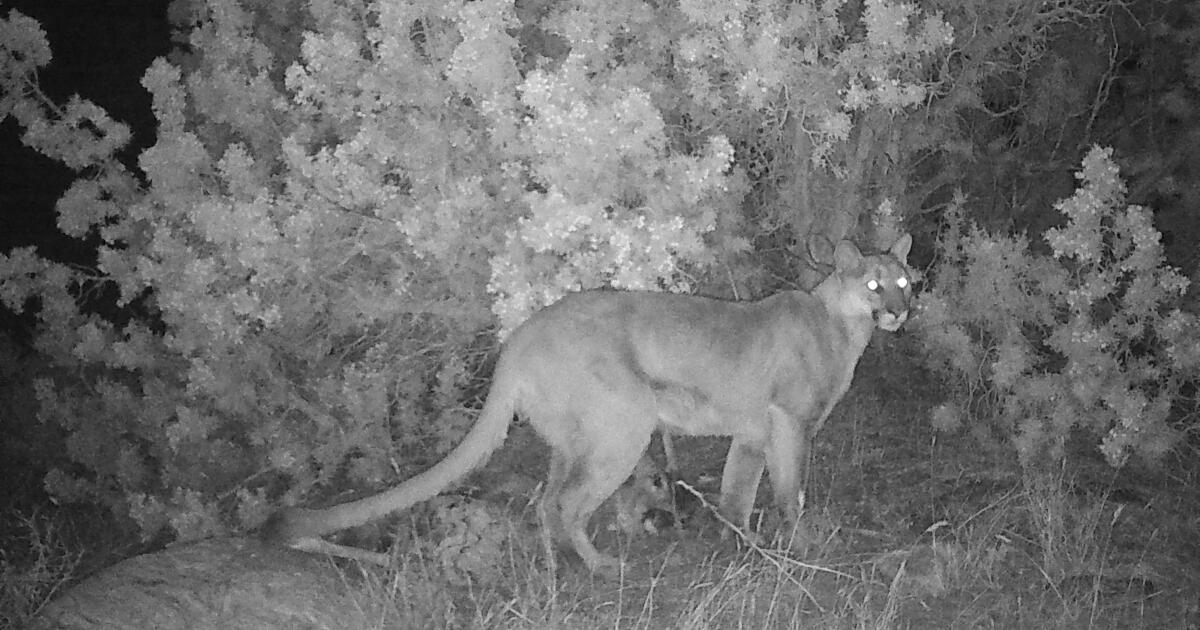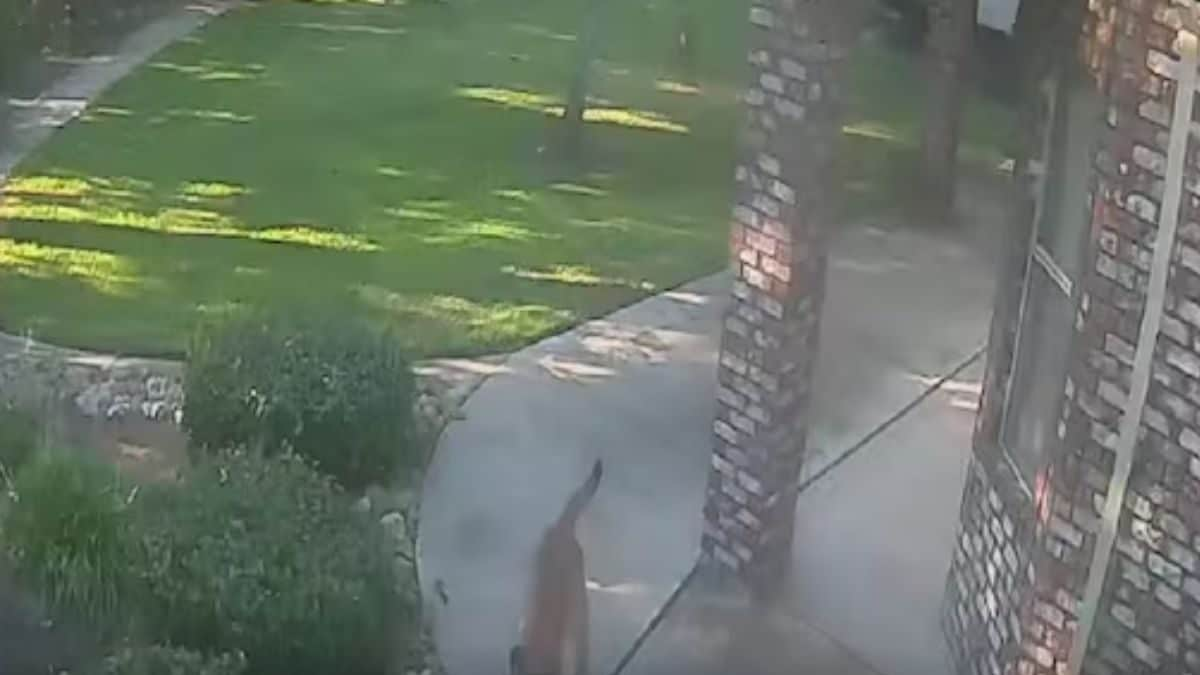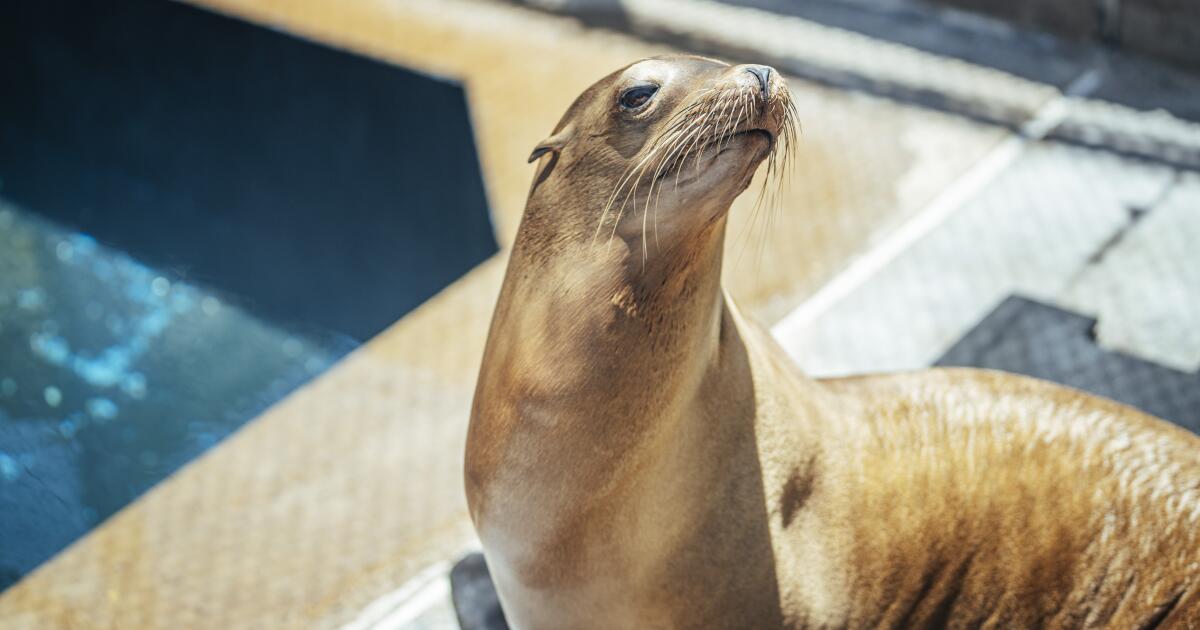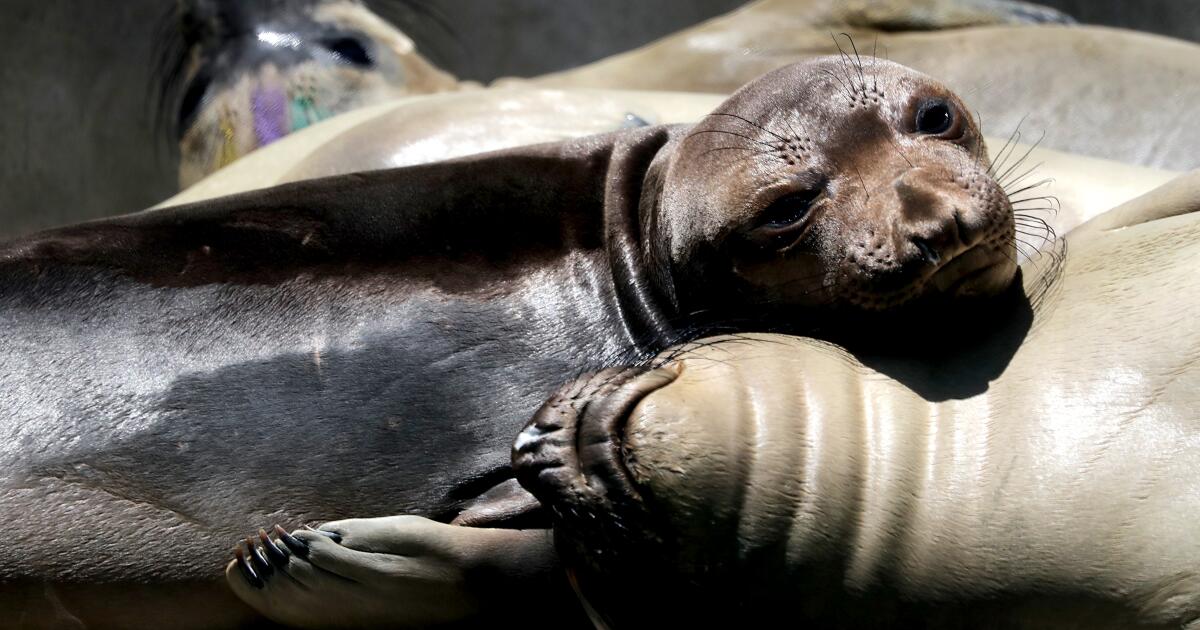
Opinion: Time to stop poisoning mountain lions and other wildlife
LA TimesRats are unwelcome pests in our homes, offices and neighborhoods. Early this year, a male mountain lion known as P-76, which was being tracked in the National Park Service’s study of these animals, was found dead in the Santa Susana Mountains north of Highway 118. Last year, the 3-year-old known as P-47, who at 150 pounds was one of the largest of the L.A. mountain lions being studied by the park service, was found dead with a blend of first- and second-generation poisons in his system. The Department of Fish and Wildlife found that 63 out of 68 dead mountain lions tested from 2015 to 2016 had second-generation poisons in their carcasses. Meanwhile, with habitat encroachment, speeding automobiles and rat poison bedeviling the big cats, the fate of mountain lions in Southern California and along the central coast is already so tenuous that the California Fish and Game Commission voted in April to make the animals candidates for designation as a threatened species under the state’s Endangered Species Act.
History of this topic
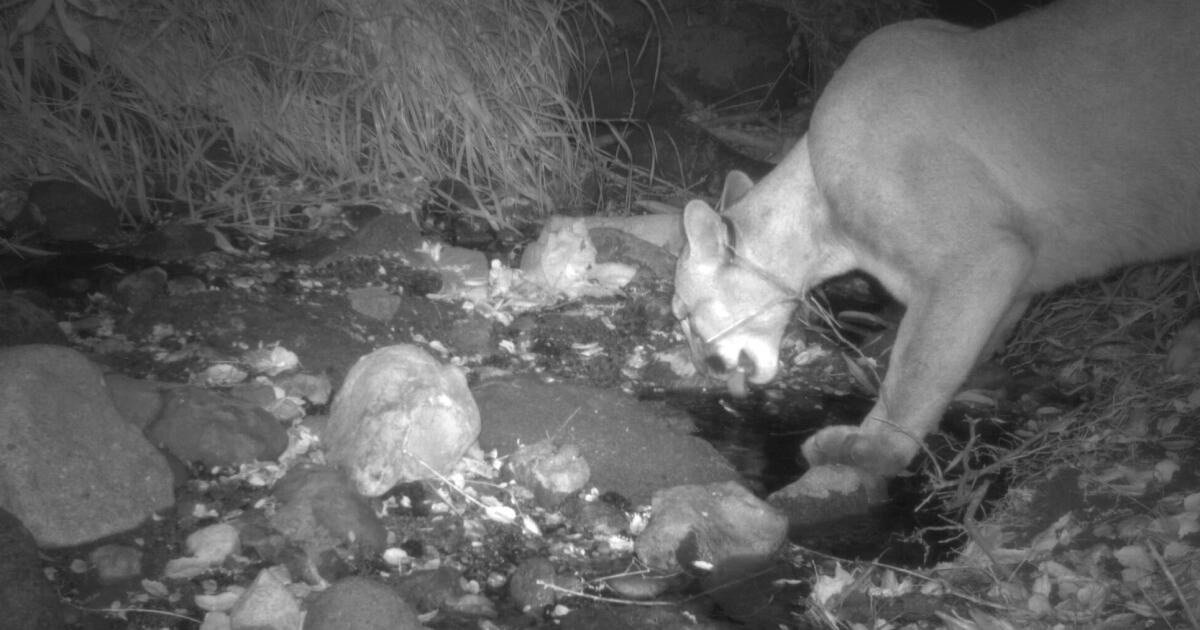
A mountain lion spotted in Griffith Park spurred hope. He is now believed dead
LA Times
Mountain lion kills 1, injures another in California
Associated Press
Letters to the Editor: Banned rodenticides are still for sale online. Can mountain lions survive?
LA Times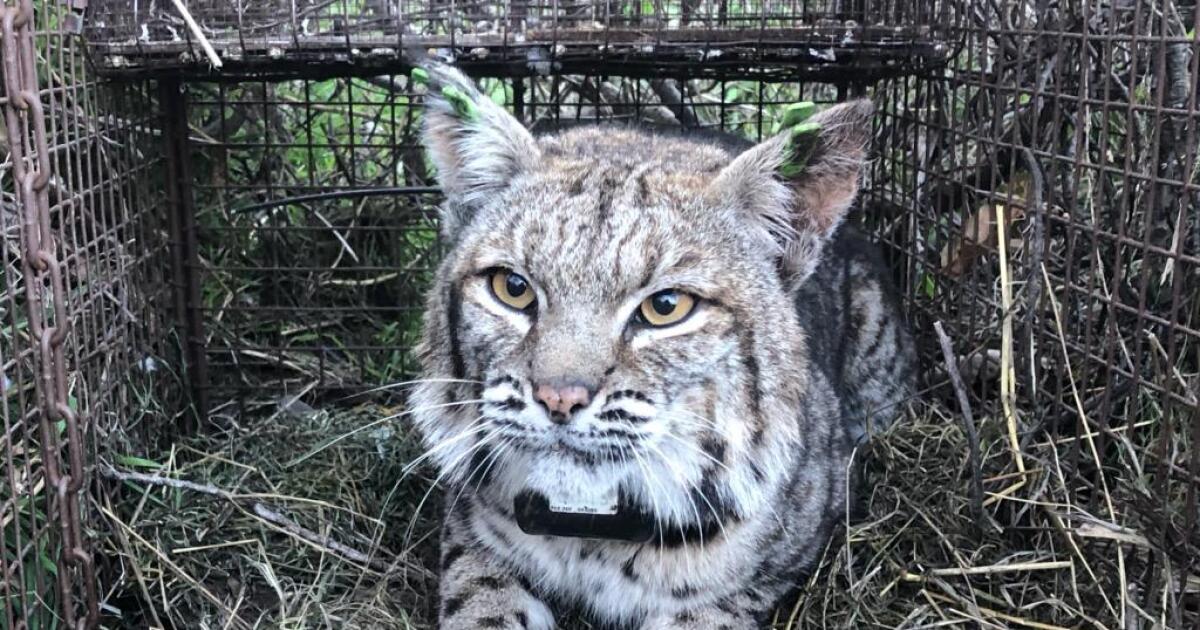
New law will ban rat poison that was harmful to wildlife
LA Times
Editorial: We can give mountain lion kittens an easier life than P-22 had
LA Times
Editorial: Cars, poisons are killing California’s cougars. Time for stronger protections
LA Times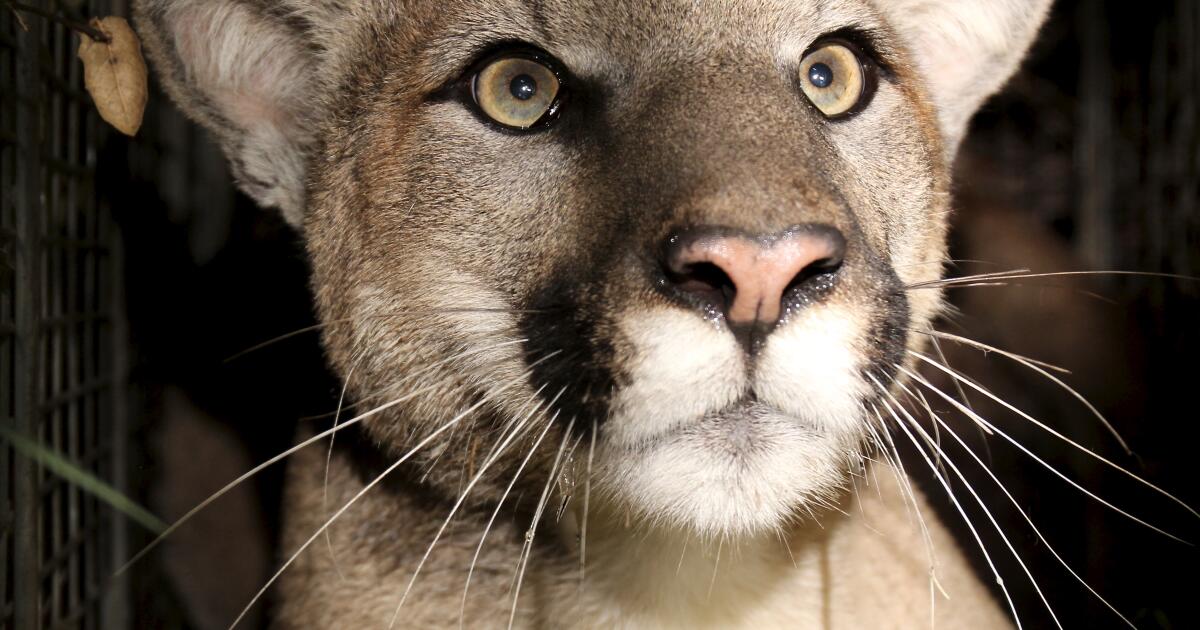
California is turning mountain lions into roadkill faster than they can reproduce
LA Times
Cougar studied by biologists found dead on LA-area freeway
Associated Press
Commentary: The sad plight of P-22, Los Angeles’ mountain lion
LA Times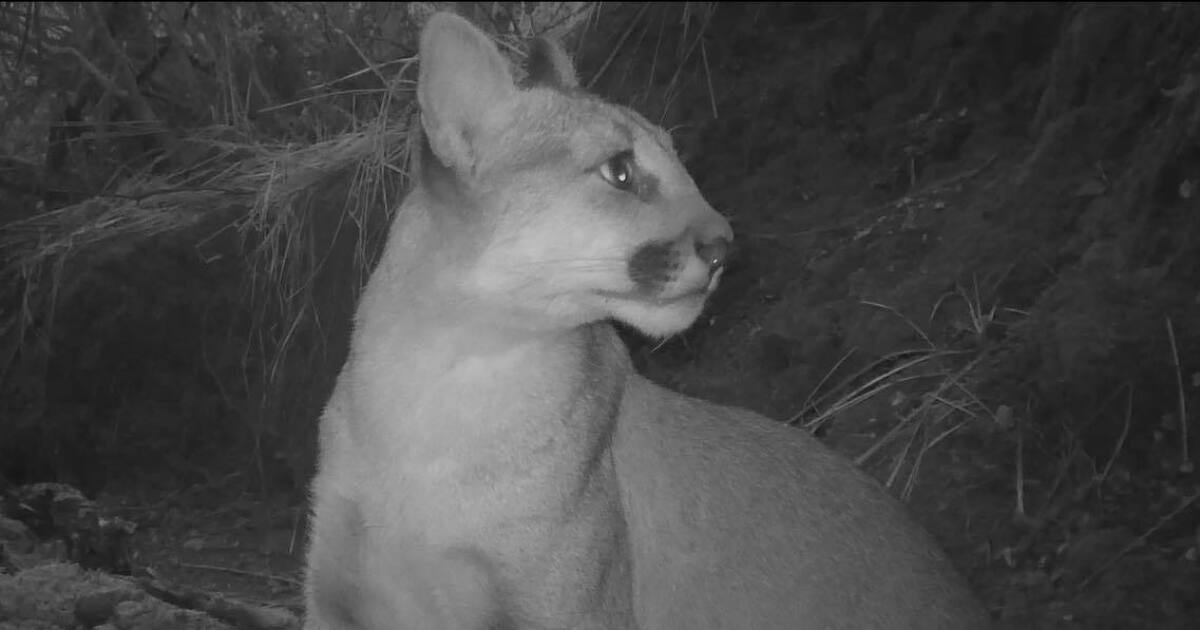
18-month old mountain lion P-97 struck and killed on 405 Freeway
LA Times
Editorial: If we want mountain lions not to become roadkill, they need safe passage across busy roads
LA Times
Mountain lion badly burned in Bobcat fire dies nearly a year after release back into wild
LA Times
Editorial: When will mountain lions in Los Angeles County stop being killed by cars and rat poison?
LA TimesDiscover Related


